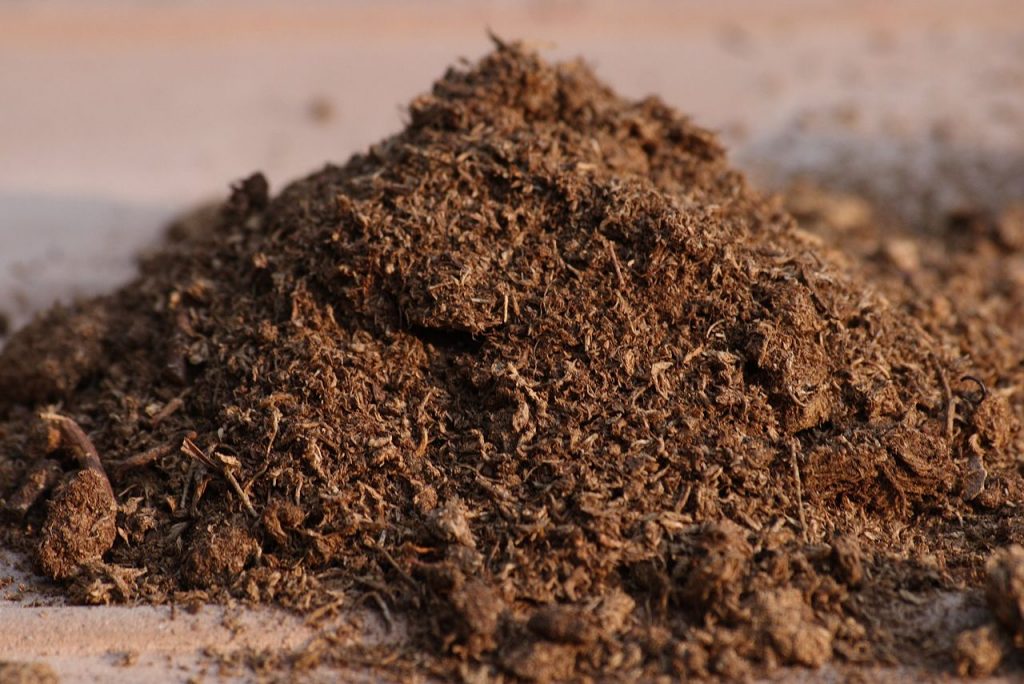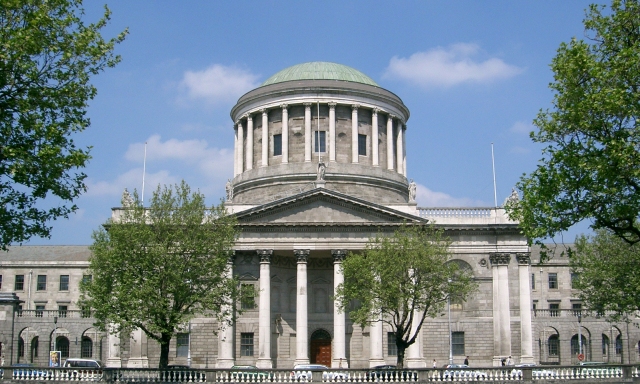New peat regulations inconsistent with EU law and must be dissolved

September 20th, 2019
The High Court has ruled that new regulations to take large-scale peat extraction outside of the Irish planning regime are inconsistent with European environmental law and must be dissolved.
The judgement from Mr Justice Garrett Simons to set aside the regulations “in their entirety” comes after a challenge by Friends of the Irish Environment (FIE) to new secondary legislation introduced in January.
The need for planning permission for large-scale peat extraction has been a controversial topic for decades, with An Bord Pleanála only ruling in 2013 that permission was in fact required for peat extraction on lands greater than 30 hectares (ha).
The regulations issued by the Minister for Planning Eoghan Murphy TD at the start of the year changed this system and exempted peat extraction above 30ha from the planning regime.
Complimentary secondary legislation introduced by the Minister for the Environment Richard Bruton TD would bring extraction over 30ha within the Environmental Protection Agency (EPA) licensing regime. At present, the EPA system is only engaged when extraction goes above 50ha.
While the exemption brought in by Mr Murphy came into immediate effect in January, there would be a lengthy transitional period before the EPA licensing regime came into full effect – 18 months for unlicensed activities and 36 months for licensed works.
FIE argued that this long gap would create an “enforcement holiday” where developers who hold neither planning permission nor an EPA licence would be allowed to continue to extract peat unabated. A high percentage of commercial large-scale peat extraction in Ireland is still unlicensed.
FIE thus argued that the regulations are a “flagrant breach” of EU law and that they would suspend the obligation of peat extraction projects to comply with the Environmental Impact Assessment (EIA) and Habitats Directives.
The EIA Directive outlines that Member States must ensure that projects likely to have a significant impact on the environment require some form of development consent such as planning permission.
Projects may also need to be assessed under the Habitats Directives depending on proximity to, and potential impact on, protected nature areas.

Inconsistent with EU law
Mr Justice Simon agreed with FIE, ruling today that the regulations are “inconsistent” with both Directives. One of the “offending features” of the regulations, he said, is the absence of any option to suspend extraction during the transition period to the EPA regime.
In effect, Mr Justice Simons said, the new regime would have left projects that have not been properly authorised or assessed for the purposes of the EIA and Habitats Directives “undisturbed”.
He likened the “shortcomings” of the amended legislation to those of the “old” planning legislation that was “condemned” by the Court of Justice of the EU in 2006 following a legal challenge from the European Commission.
In July, the Commission indicated that it will take action against Ireland for a continued failure to ensure that peat extraction is properly assessed for environmental impacts as required under EU law.
The judgement will have a significant impact on Ireland’s large-scale peat extraction sector that supplies peat for power-generation, horticultural compost and growing medium for Ireland’s export driven mushroom industry.
Both the Department of Climate Action (DCCAE) and the Department of Planning were contacted for comment, as well as the EPA, however, no reply was received at the time of publication.

10 years of action
Reacting to the judgement, Tony Lowes, a director of FIE, said that today’s judgement is the culmination of 10 years of campaigning and legal challenges to bring industrial peat extraction under proper planning control.
He told The Green News that the practice is “not only damaging to the natural environment” but is also a “direct cause” of climate change and loss of Ireland’s greatest carbon sink.
Peatlands cover around 20 per cent of the State’s land area and an intact peatland will actively remove carbon dioxide from the atmosphere.
Globally, they are estimated to store 20 to 30 per cent of the world’s soil carbon – three times more than that stored in tropical rainforests.
“We have no right to lecture Brazil on clearing their rainforests while we are digging up and burning our own bogs,” Mr Lowes added.
He said that the judgement will see extraction properly examined through planning law to determine “if there is any future” for the industry.
He added that FIE will continue to push the State for a national strategy to restore our peatlands and a strong just transition plan for peat workers.
[x_author title=”About the Author”]







